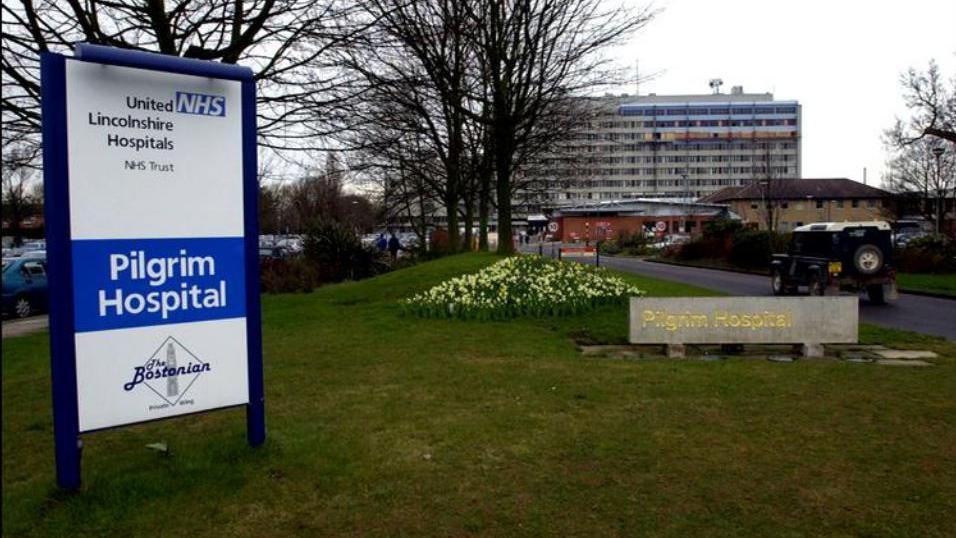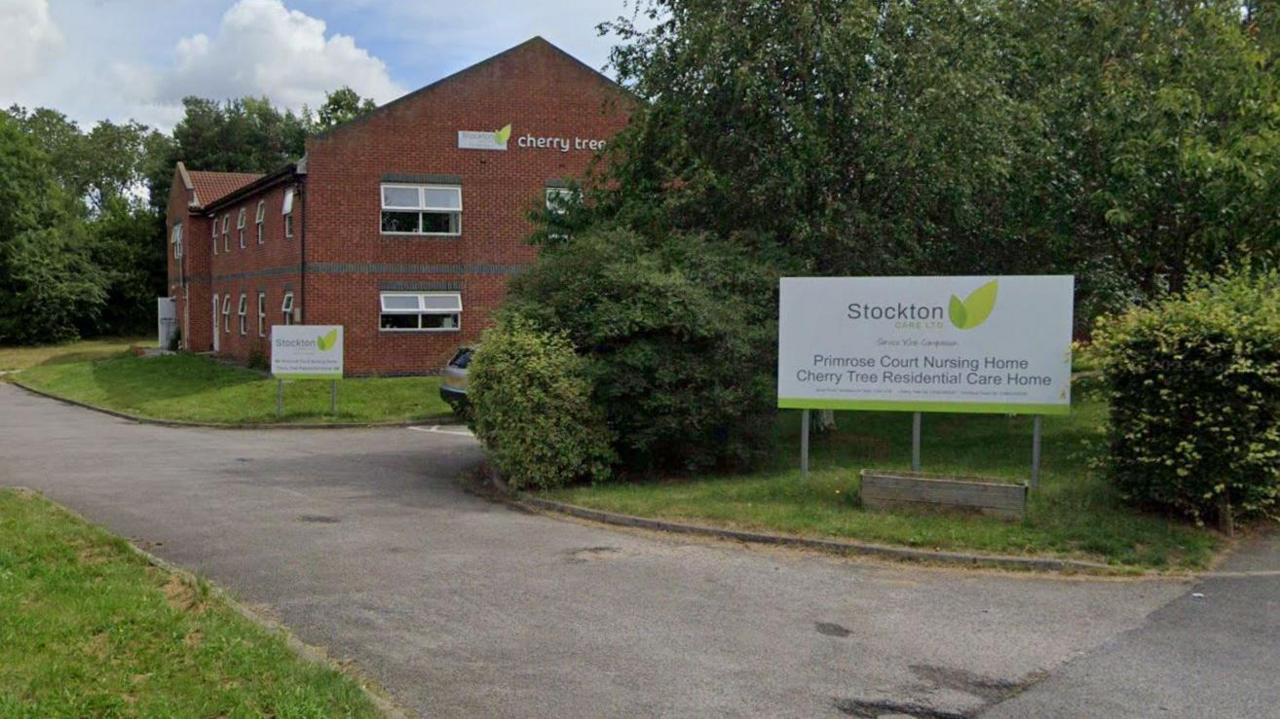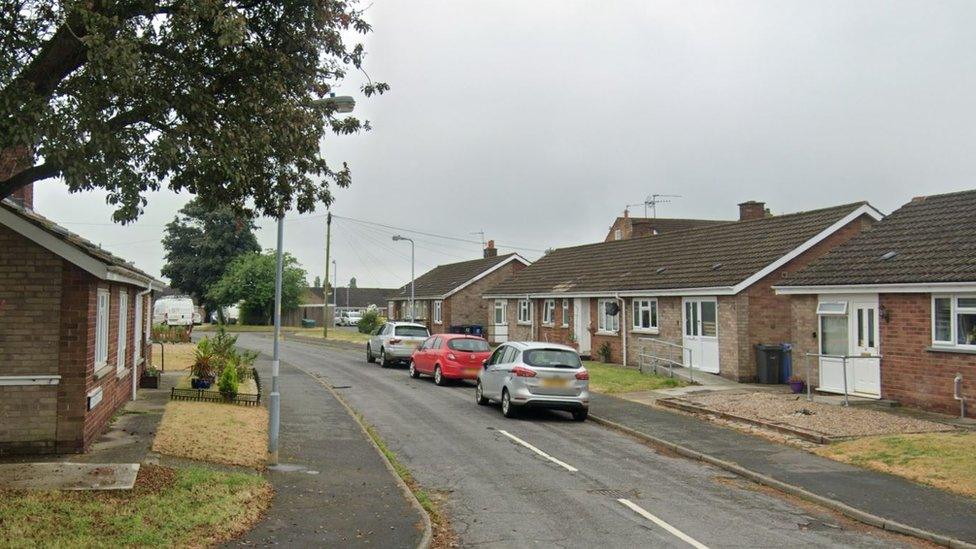'Lack of guidance' found in prescribing painkillers

Jonathan Szczepanski died after he was given repeat prescriptions of Naproxen without any medication to prevent an intestinal ulcer
- Published
A coroner has raised concerns over a "lack of guidance" in prescribing anti-inflammatory drugs in the NHS following the death of a man at a Lincolnshire hospital.
Jonathan Szczepanski died at Boston Pilgrim Hospital due to an ulcer in his intestine, aggravated by the effects of a Naproxen prescription.
In a prevention of future deaths report published on Wednesday, Jayne Wilkes, area coroner for Greater Lincolnshire, also said no medication was supplied by the NHS to treat the risk of duodenal ulceration caused by non-steroid anti-inflammatory drugs (NSAIDs).
NHS Lincolnshire Integrated Care Board (LICB) said it was in receipt of the report but was not commenting further at this time.
Since 2016, Mr Szczepanski, who had conditions including Parkinson's disease and type 2 diabetes, was given repeat prescriptions of Naproxen from his GP surgery.
The dosage level was 500mg twice daily, the report states, with no proton pump inhibitor (PPI) medication prescribed, which decreases stomach acid.
He was admitted to Boston Pilgrim Hospital on 28 April 2023 with an acute kidney injury and discharged on 2 May with a repeat prescription of Naproxen.
No PPI was again prescribed to Mr Szczepanski to accompany the anti-inflammatory drug.
Mr Szczepanski was again admitted to hospital on 14 May 2023 with a gastrointestinal bleed and died at the age of 64 after not responding to treatment.
'Action should be taken'
The coroner's report concluded: "Mr Jonathan Paul Szczepanski died from the consequence of a duodenal ulcer to which the prescription of Naproxen without the corresponding Protein Pump Inhibitor (PPI) made a contribution."
Software used to distribute NSAIDs to patients was found to "not automatically generate a specific warning" to detail risk factors before being prescribed.
Ms Wilkes added "action should be taken to prevent future deaths" and requested a response from LICB addressing "action taken or proposed to be taken" within 56 days.
In a statement, LICB said: "We have acknowledged receipt of the coroner’s Report To Prevent Future Deaths and, whilst we investigate the matters of concern raised by the coroner, it would not be appropriate for the ICB to comment further at this time."
Follow BBC Lincolnshire on Facebook, X (formerly Twitter), external, and Instagram. Send your story ideas to eastyorkslincs.news@bbc.co.uk, external
- Published21 March 2024

- Published3 November 2023

- Published8 March 2024
